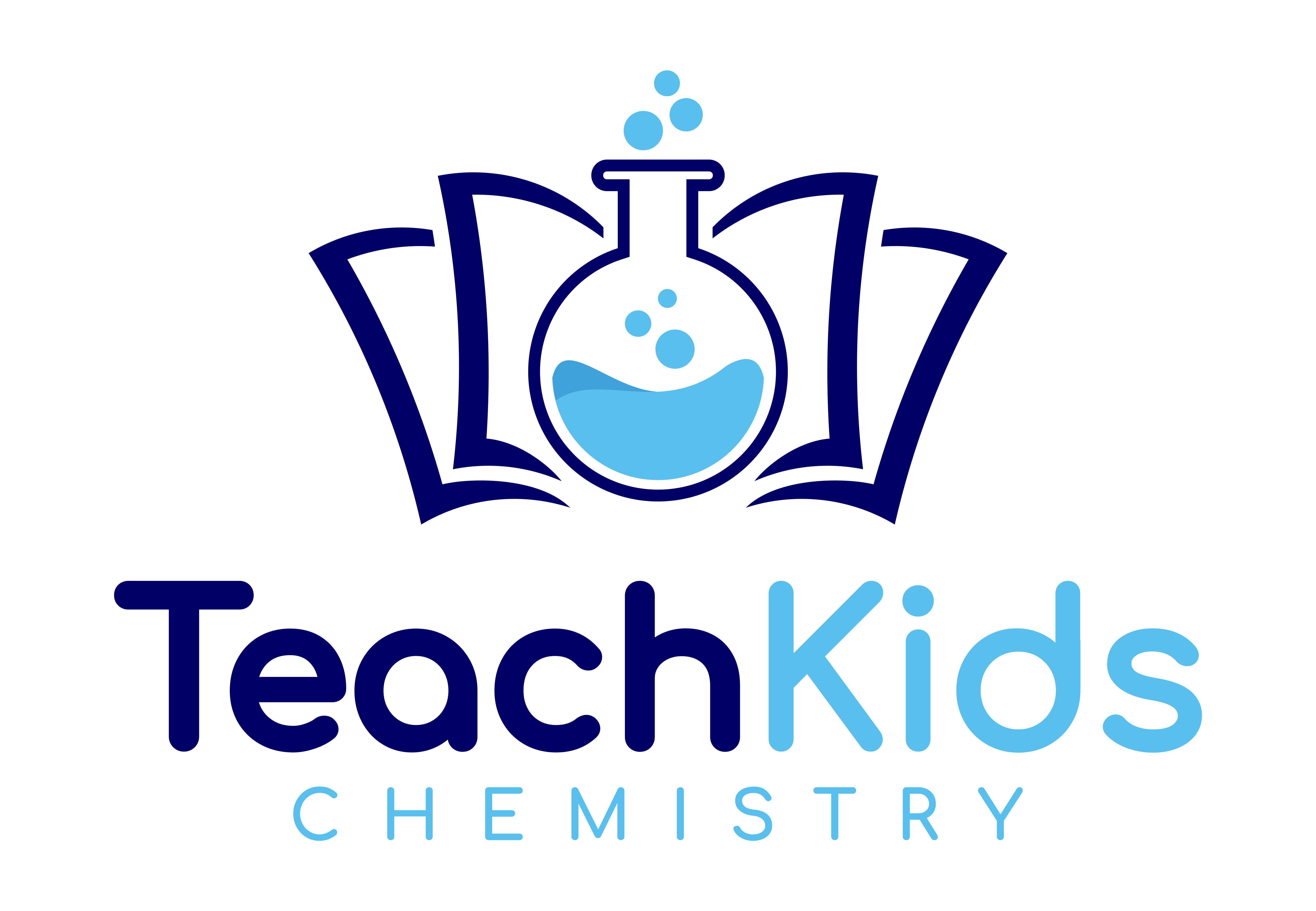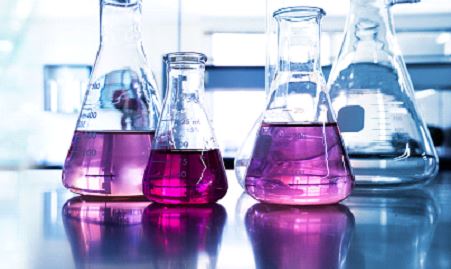There are many important chemistry concepts that are important for kids to understand, and the specific concepts that are most important will depend on the age and interests of the child. Here are a few examples of chemistry concepts that are generally considered important for kids to learn:
- The nature of matter: Kids can learn about the basic building blocks of matter, such as atoms and molecules, and how they combine to form different substances.
- The properties of matter: Kids can learn about the physical and chemical properties of matter, such as density, melting point, and boiling point, and how these properties can be used to identify and classify different materials.
- The states of matter: Kids can learn about the three states of matter (solid, liquid, and gas) and how matter can change from one state to another through processes such as melting, freezing, evaporation, and condensation.
- The periodic table: Kids can learn about the periodic table of elements, which organizes all of the known elements according to their atomic structure.
- Chemical reactions: Kids can learn about how chemical reactions occur and how to predict the products of a reaction based on the reactants.
- Acids and bases: Kids can learn about the properties and uses of acids and bases, and how they can be identified using indicators such as litmus paper.
- Conservation of mass: Kids can learn about the principle of conservation of mass, which states that matter cannot be created or destroyed, only transformed from one form to another.
- Safety in the chemistry lab: Kids can learn about the importance of safety in the chemistry lab, including the use of protective equipment and the proper handling of hazardous materials.
We believe hands on learning at a young age provides the best learning. You can find our comprehensive list of chemistry kits for learning here.
What chemistry concepts do kids learn in elementary, middle, and high school?
The specifics of what your child will learn at school in different years is related to the complexity of the concepts and related mathematics. The specific chemistry concepts that kids learn in elementary, middle, and high school will vary depending on the curriculum and the school district. However, here are some examples of chemistry concepts that are typically covered at each level:
Elementary school:
- The nature of matter (atoms and molecules)
- The states of matter (solid, liquid, gas)
- The properties of matter (density, melting point, boiling point)
- Simple chemical reactions (e.g., mixing baking soda and vinegar)
- Safety in the chemistry lab
Middle school:
- The periodic table of elements
- The properties of acids and bases
- The concept of a chemical reaction (reactants and products)
- The conservation of mass
- Basic laboratory techniques (measuring, weighing, and mixing chemicals)
- Basic chemical calculations (e.g., mole concept, stoichiometry)
High school:
- Advanced concepts in chemical reactions (e.g., equilibrium, kinetics)
- The chemistry of organic compounds
- The chemistry of solutions (e.g., concentration, solubility)
- Advanced laboratory techniques (e.g., distillation, titration)
- Advanced chemical calculations (e.g., thermochemistry, electrochemistry)
- Safety in the chemistry lab (e.g., handling hazardous materials, disposing of chemicals properly)
Check out other cool chemistry concepts with other chemistry kits below!

